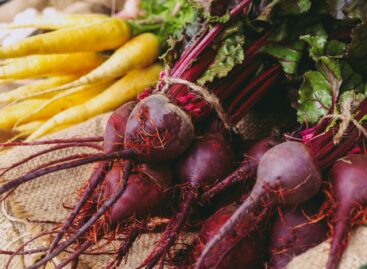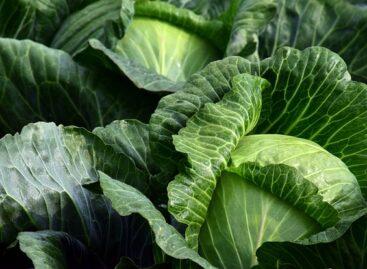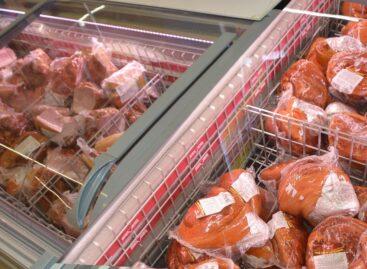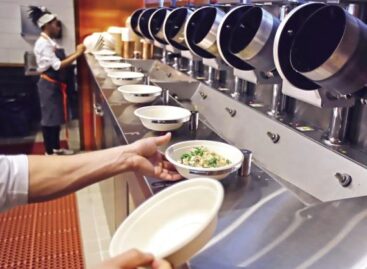Apricots are threatened by a crop disaster – could the Hungarian tradition of cooking apricots disappear?
The 2025 apricot season has already been disrupted before it even started: according to the estimates of the professional organization FruitVeB, this year’s harvest may amount to only 10-20 percent of the usual amount. This is not only the weakest year since the turn of the millennium, but it is possible that we will have to face the worst harvest result of all time. The April frosts almost completely destroyed the domestic plantations: the national average frost damage can be estimated at 95-100 percent.
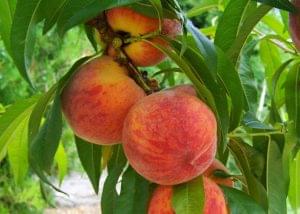 The hopelessness of apricot growers is well indicated by the fact that most of the pick-your-own campaigns spreading on Facebook are only associated with sporadic, more fortunate regions – mainly Transdanubia, the Kisalföld, and the Kecskemét area show some resistance to frost. However, the future of large-scale apricot production nationwide is questionable: due to climate change, in recent years, bud break has already started in February, followed by regularly recurring April frosts – this process causes serious damage year after year.
The hopelessness of apricot growers is well indicated by the fact that most of the pick-your-own campaigns spreading on Facebook are only associated with sporadic, more fortunate regions – mainly Transdanubia, the Kisalföld, and the Kecskemét area show some resistance to frost. However, the future of large-scale apricot production nationwide is questionable: due to climate change, in recent years, bud break has already started in February, followed by regularly recurring April frosts – this process causes serious damage year after year.
“In the past, major frost damage occurred every 10–15 years, but now some kind of frost decimates the stock almost every year”
– said Lajos Braunmüller, editor-in-chief of Agrárszéktor. According to the expert, there is no economic rationality in introducing foil tent technologies to protect apricots in Hungary. This means that production may be largely limited to home gardens, while the large-scale model may practically cease to exist.
It is worth giving up jam making this year – warned Attila Bűdi Zsolt, leader of Bács-Zöldért. He said that even those producers who can harvest some fruit start harvesting at 70–80% ripeness, which is not good enough for jam. Moreover, fully ripe fruit is practically unattainable this year – so the end result would also be poor, while prices are around 1,800–2,000 forints per kilo.
Those who would still like to pick peaches can still find opportunities on a few smaller farms – for example in Tök, Szob, Érd or Fertőszentmiklós. In these places, advance registration is usually required, and supply is also limited.
And the future looks increasingly bleak. According to Braunmüller, Hungary is expected to increasingly rely on peach imports – although the largest exporter, Turkey, also suffered severe frost damage this year, so supply may be scarce throughout Europe. Restarting variety trials would be essential to maintain domestic production, but there is currently no systematic research underway at either the state or university level. Thus, apricot cultivation today is more of a game of chance than a conscious agricultural enterprise.
Related news
Winter frosts may reduce beet supply in the region
🎧 Hallgasd a cikket: Lejátszás Szünet Folytatás Leállítás Nyelv: Auto…
Read more >Related news
PwC Global CEO Survey: CEO confidence at a five-year low
🎧 Hallgasd a cikket: Lejátszás Szünet Folytatás Leállítás Nyelv: Auto…
Read more >


